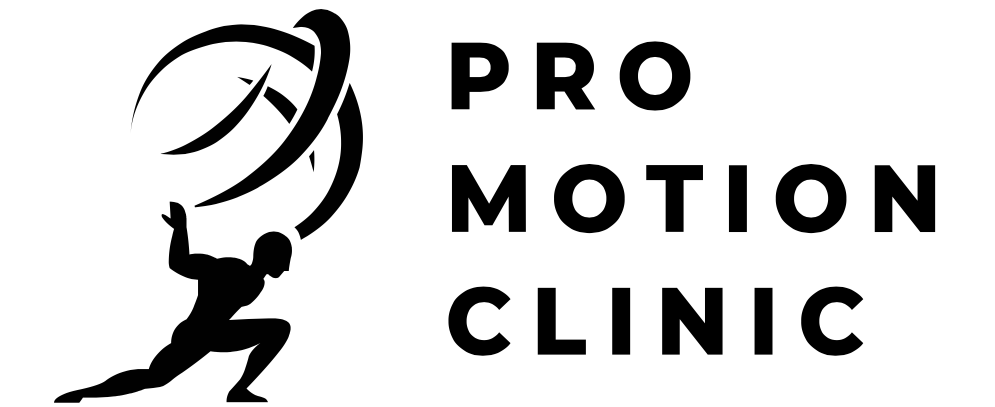Occupational Therapy & Certified Hand Therapy
Occupational Therapy (OT):
Occupational therapy is a healthcare profession that focuses on helping individuals of all ages participate in everyday activities (occupations) that are meaningful and important to them. The primary goal of occupational therapy is to enable people to live as independently and fully as possible.
Occupational therapists work with individuals who may be experiencing physical, cognitive, developmental, or emotional challenges. They assess the individual's abilities, limitations, and goals, and then design interventions to improve their ability to perform daily tasks and activities. These activities can range from self-care tasks (like dressing and grooming) to work, leisure, and social activities.
The interventions used in occupational therapy may include:
- Therapeutic Exercises: Targeted exercises to improve strength, range of motion, coordination, and endurance.
- Functional Activities: Practicing specific tasks to enhance independence and skill.
- Adaptive Techniques: Providing assistive devices or modifying the environment to facilitate participation in activities.
- Education: Teaching techniques and strategies to improve performance and prevent injury.
Occupational therapists work in various settings including hospitals, clinics, schools, rehabilitation centers, and community settings.
Certified Hand Therapy (CHT):
Certified Hand Therapy (CHT) is a specialization within occupational therapy or physical therapy that focuses on treating conditions affecting the hands, wrists, and upper extremities. Hand therapists are occupational therapists or physical therapists who have advanced training and experience in hand rehabilitation.
To become a Certified Hand Therapist (CHT), therapists must meet specific requirements set by the Hand Therapy Certification Commission. These requirements typically include a certain number of hours of clinical experience in hand therapy and passing a rigorous certification examination.
Hand therapists treat a wide range of conditions, including:
- Fractures and Dislocations:** Rehabilitating injuries such as broken bones or joint dislocations in the hand or wrist.
- Repetitive Strain Injuries (RSI):** Addressing conditions like carpal tunnel syndrome or tendonitis.
- Post-Surgical Rehabilitation:** Assisting patients recovering from hand or upper extremity surgeries.
- Arthritis and Joint Disorders:** Managing pain and improving function in cases of osteoarthritis or rheumatoid arthritis.
Therapists use various techniques in hand therapy, including manual therapy, custom splinting, therapeutic exercises, and modalities like ultrasound or electrical stimulation.
In summary, occupational therapy encompasses a broad spectrum of rehabilitative services aimed at improving overall functional independence, while certified hand therapy is a specialized area within occupational therapy or physical therapy focused specifically on rehabilitating conditions of the hands and upper extremities. Both fields are crucial in helping individuals regain function and quality of life following injury, illness, or disability.

